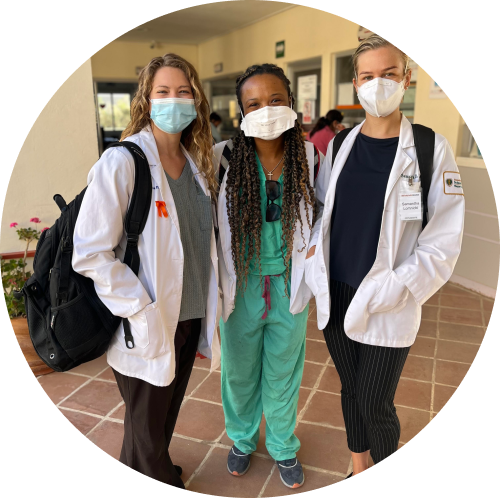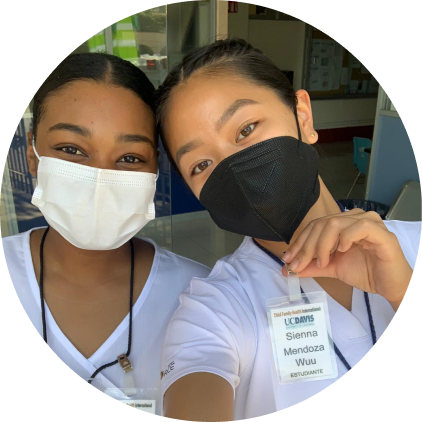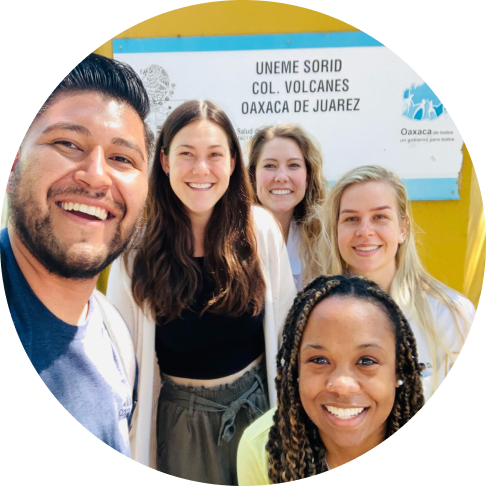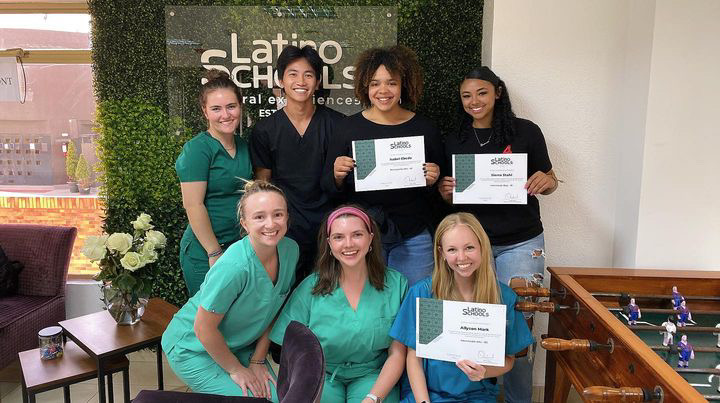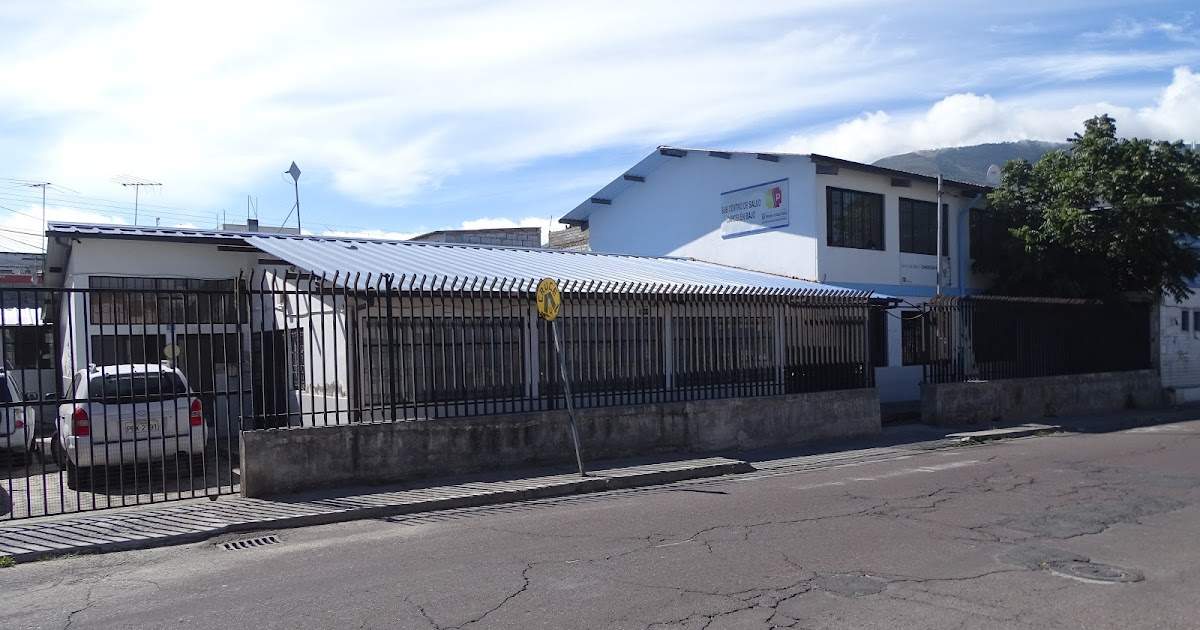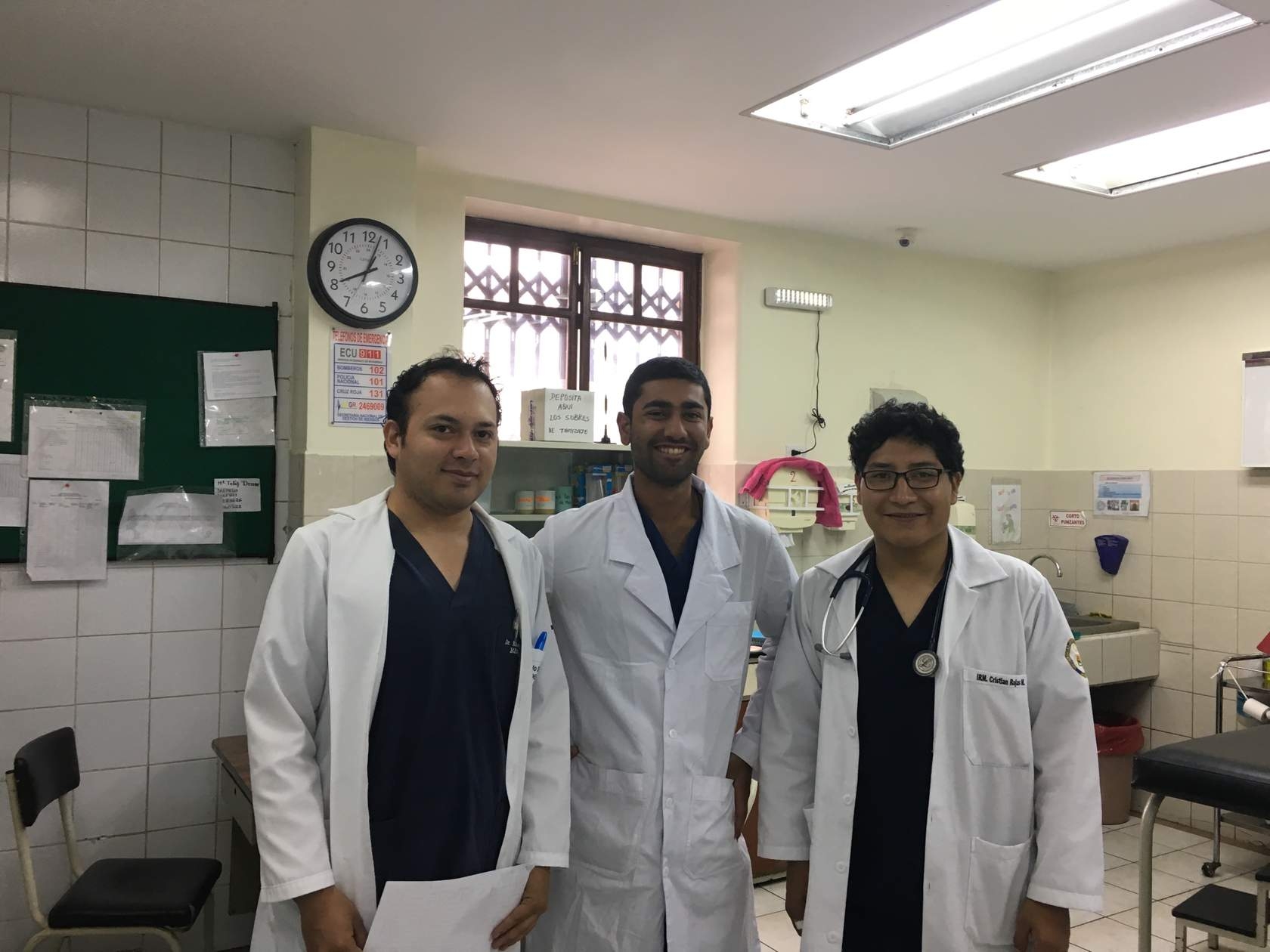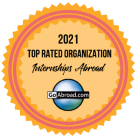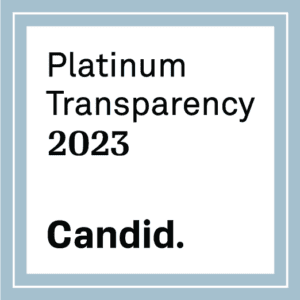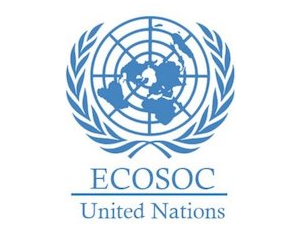- Home
- All programs
- Intensive Beginner Spanish & Global Health in Ecuador
Intensive Beginner Spanish & Global Health in Ecuador
Program overview
Experience the rich culture and history of Ecuador’s vibrant capital city, Quito, located in the Andes mountain range. This program is a perfect fit for those with little or no Spanish language skills and an interest in healthcare and global health. Gain practical experience and proficiency in this vital skill used everyday in today’s healthcare setting. Practice Spanish skills in local NGO’s, hospitals and clinics and learn about health care delivery in low-resource settings.
CFHI’s Intensive Beginner Spanish Programs are unique in that participants begin with service-learning placements rather than clinical rotations. In this program, receive increased Spanish language instruction in preparation for entering healthcare settings. Over the course of 4 weeks, take 30 hours of intensive beginner Spanish classes focusing on basic grammar and conversation. In the mornings, participate in a community engagement project and learn about the cultural and social context of Quito.
The last two weeks focus on practicing Spanish skills during clinical rotations at local healthcare facilities such as community level clinics on the outskirts of the city serving low-income populations, or government hospitals delivering free high-level diagnostic, specialized, and emergency care. Other rotations include a public maternity hospital where high-risk pregnancies are managed, an indigenous medicine clinic, and other hospitals and clinics. Participants will come away with more confidence communicating in Spanish within social and professional settings, as well as a holistic view of healthcare systems in Quito and how Ecuadorians access these services.
During the program, become immersed in Ecuadorian culture while living with local host families in Quito. CFHI participants may also organize weekend trips to destinations such as the town of Mindo, Cotopaxi volcano, and Otavalo market.
About this program
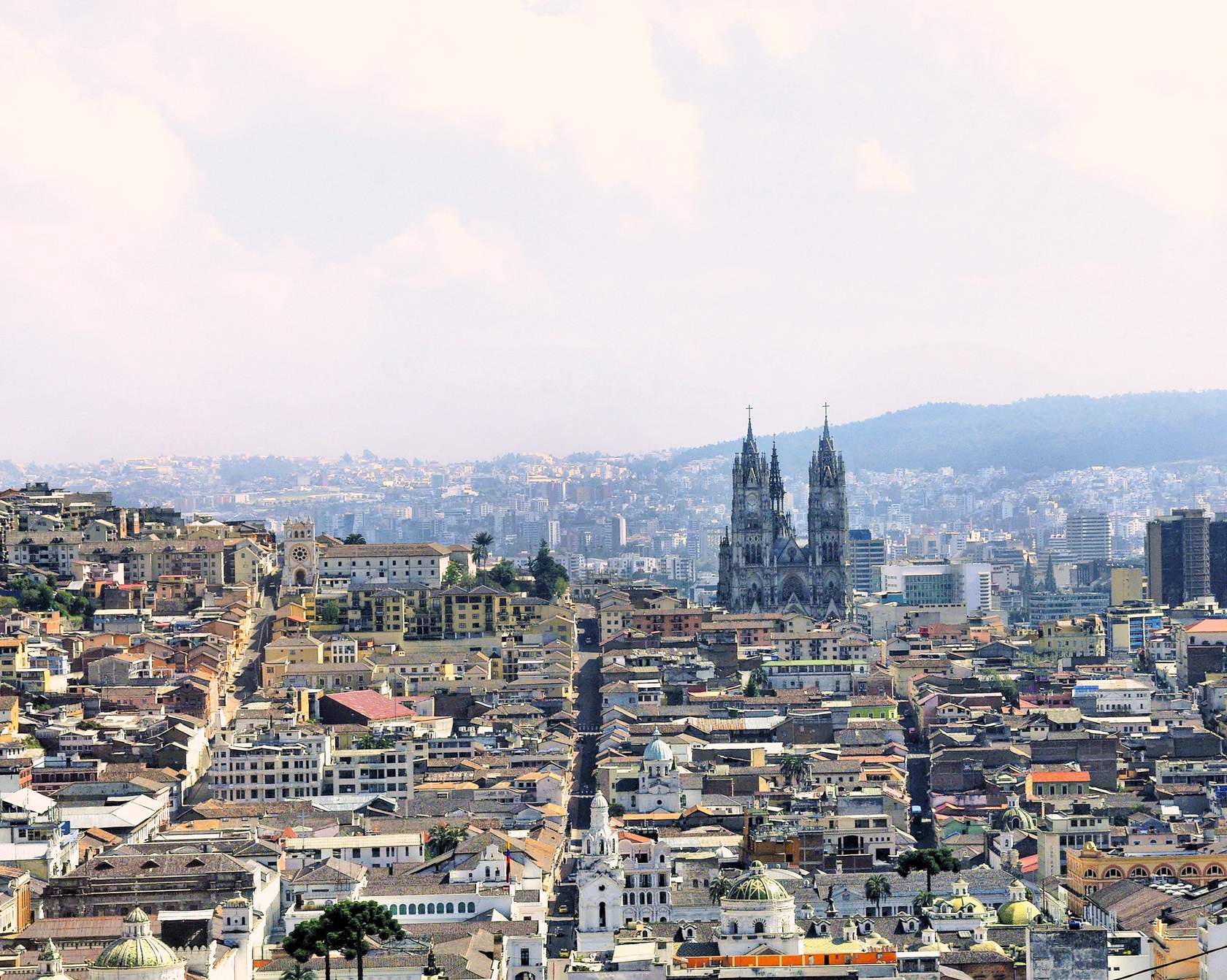
Quito is the capital of Ecuador, one of the most bio-diverse countries in the world. Founded in the 16th century atop the ruins of an Incan city, today this modern metropolis boasts a diverse population of about two million people. As the capital and economic hub of the country, it attracts migrants from rural areas – mostly indigenous groups, as well as immigrants from neighboring countries.
Quito is nestled in a valley within the Andes Mountain Range, surrounded by volcanoes and impressive peaks. At an elevation of 9,000 feet above sea level, it is considered one of the highest capital cities in the world. Due to its close proximity to the equator, the climate is spring-like all year long, with warm days and cool nights. Quito’s historic center is one of the largest and least altered in the Americas and one of the first world cultural heritage sites declared by UNESCO in the 1970’s. As the nation’s capital, it is a lively urban center with dancing, dining, historical sites, shopping and museums.

Program participants will find their home away from home in carefully selected homestays, screened by CFHI Local Coordinators in Quito and following CFHI’s health and safety guidelines. Nestled within Northern Quito, these homestays offer the perfect blend of comfort and authenticity, situated in middle-class neighborhoods with excellent access to the language school, public transportation, shops, restaurants, and cafes. In some cases, CFHI scholars share a house or a room in the same homestay with fellow program participants.
Going beyond mere lodging, these homestays provide a unique opportunity to learn about the local culture and practice Spanish skills on a daily basis in an informal setting. Accommodations include two meals per day. At the welcome orientation, participants will be instructed on culture and work etiquette to have the best experience in both homestay and the health setting.
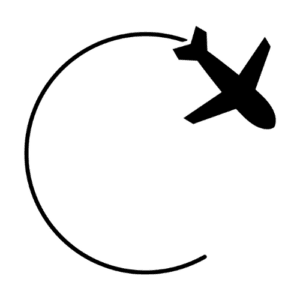
Participants should arrive in Quito, Ecuador on the program start date (a Saturday) and will be met and picked up from the airport by a CFHI representative and taken to their homestay. The medical orientation usually takes place on Sunday and the language school orientation on Monday. If you arrive on an alternate date, please consult with the local coordinator for your orientation schedule.
Visas are not required for U.S. citizens staying less than 3 months in Ecuador. More information on travel and logistics will be provided by CFHI after acceptance into the program.
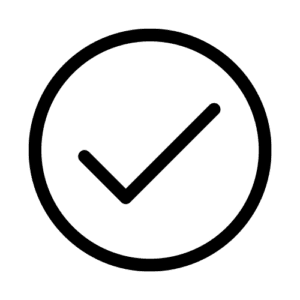
What’s Included
CFHI Program fees include the majority of your on the ground costs. As a nonprofit, CFHI strives to keep fees low and offers fundraising opportunities, scholarships and discounts.
Pre-Departure Support
- Program advising and support via email, phone, and web meeting from CFHI’s Central Leadership team
- Detailed online Pre-Departure Training that includes modules on program logistics (flights, visas, immunizations, and more), intercultural learning, introduction to health realities at your program site, and much more
On-Site Services
- Airport pick-up upon arrival and transportation with a local CFHI representative to your program lodging
- Welcome orientation 1-2 days after arrival covering safety, transportation, and other logistics
- Spanish Classes: 30 hours/month of Spanish classes, including medical Spanish instruction and cultural activities
- CFHI Local Team that provides instruction, logistical support, and 24/7 emergency response
- Meetings and lectures on local healthcare system, socio-economic determinants of health and current cultural/historical topics.
- Placement and coordination of clinical and any public health activities (if relevant)
- Accommodation and two meals per day
- Local cell phone or support obtaining a local SIM card
- International emergency medical and evacuation insurance (unless waived by your university or institution)
Post-Return Resources
- Opportunities to engage as a CFHI Alumni Ambassador, reviewing scholarship applications, speaking on CFHI panels, and more
- Access to CFHI alumni-only social media group/s featuring news and career opportunities related to Global Health
- CFHI alumni newsletter highlighting events, professional development opportunities, resources, and ways to stay involved
Uniquely, 60% or more of CFHI student program fees go directly to the communities they will be visiting, benefiting the local economy at large and specifically underserved health systems.
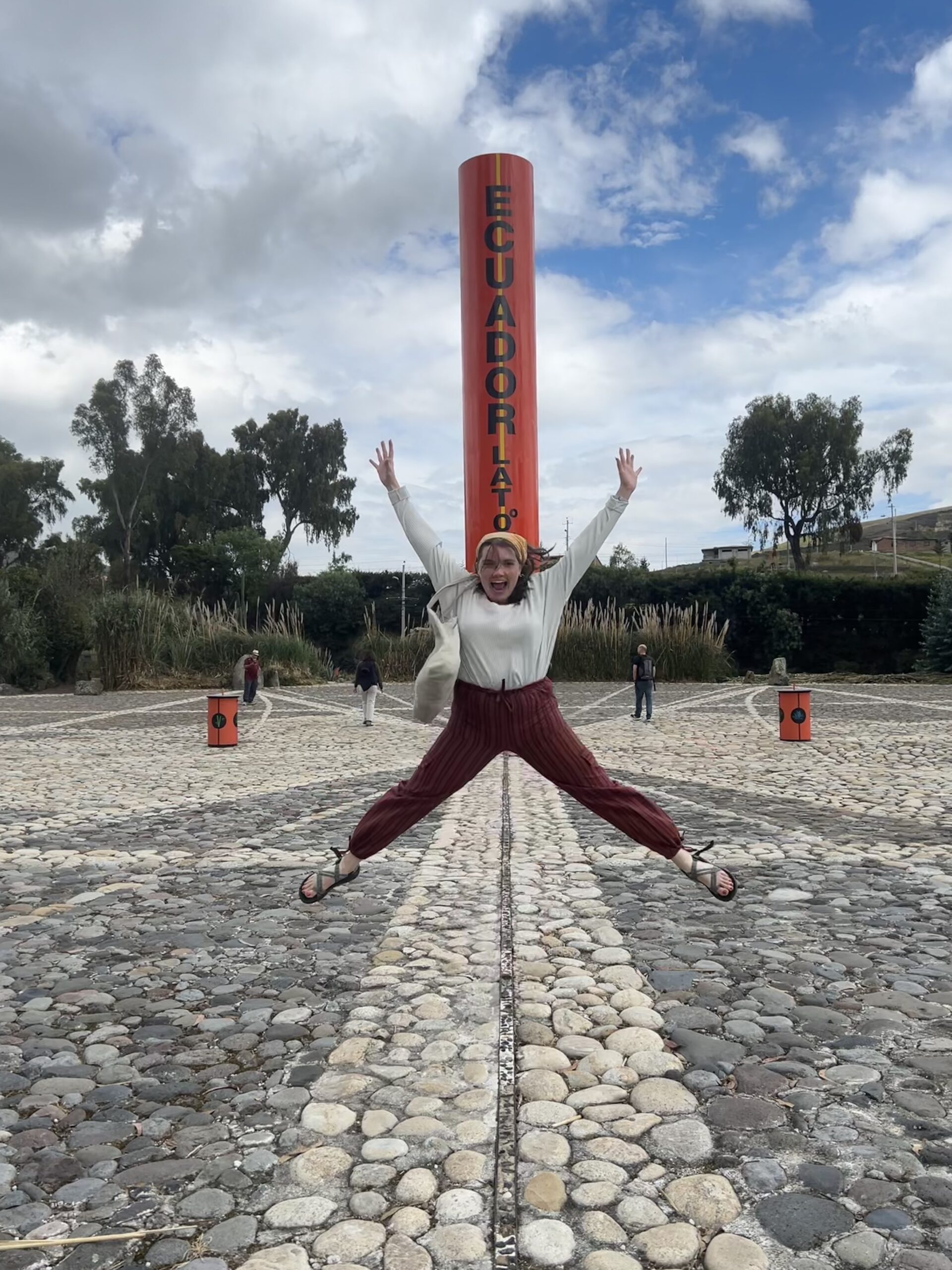
CFHI participants have free time during most evenings and weekends and may choose to organize weekend trips to nearby destinations and take part in cultural activities offered within Quito itself.
Within Quito, popular activities include visiting the “middle of the world” or the equatorial line, the famous Guayasamin art museum and home, and the historic city center. Quito is also served by various bus lines and is an ideal jumping off point to see the rest of the country. Travel to the Amazon to hike, nature watch, and visit jungle communities. Closer to Quito and ideal for a day or weekend trip is Otavalo, a primarily indigenous town that has maintained its traditional way of life and is renown for its weekly market.
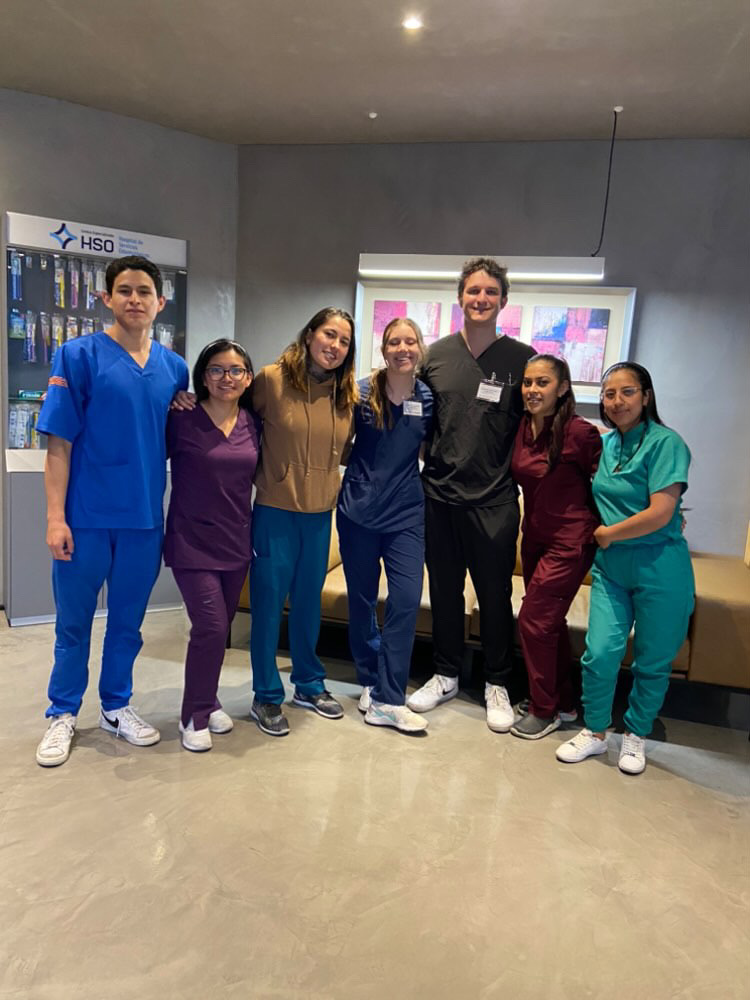
A typical day in a CFHI program is a blend of immersive learning, cultural exploration, and personal reflection. Participants begin their mornings with breakfast at their homestay, followed by 4-6 hours of health-related activities. The health site assignments and schedule are shared by the local team upon arrival. In the afternoon, participants attend Spanish classes at the language school, with the hours and regularity varying based on the program. Weekends are free of program-planned activities.
Clinical Rotations & Public Health Placements
Meet the Local Team
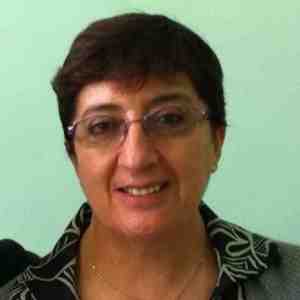
Dr. Susana Alvear - CFHI Medical Director in Quito
The local Medical Director oversees and arranges all clinical and public health-related activities and is also responsible for coordinating healthcare and emergency services for participants as needed. They coordinate a cadre of preceptors who mentor and supervise program participants at both clinical and public/community health sites. Dr. Alvear is the expert on socioeconomic determinants of health in the region and healthcare delivery strategies in low-resource settings.
Dr. Alvear has served CFHI since 1996. She is an accomplished family physician who obtained her MD and specialty certificates in Ecuador. She then completed clinical education courses at the University of New Mexico and workshops at McGill University in Montreal, Canada. Dr. Alvear teaches at Pontificia Universidad Catolica del Peru, where she manages their residency program. Dr. Alvear has participated in several international trips providing healthcare services to countries after natural disasters stricken areas such as Pakistan and Ghana.
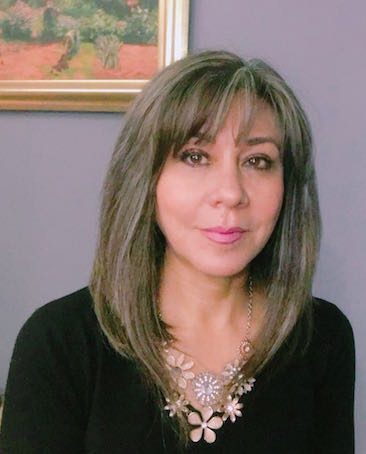
Elvira Hinojosa - Assistant to the Medical Director
Elvira schedules your medical rotations, introduces you to your preceptors and is always happy to help you with any questions or challenges you may face in your medical program.
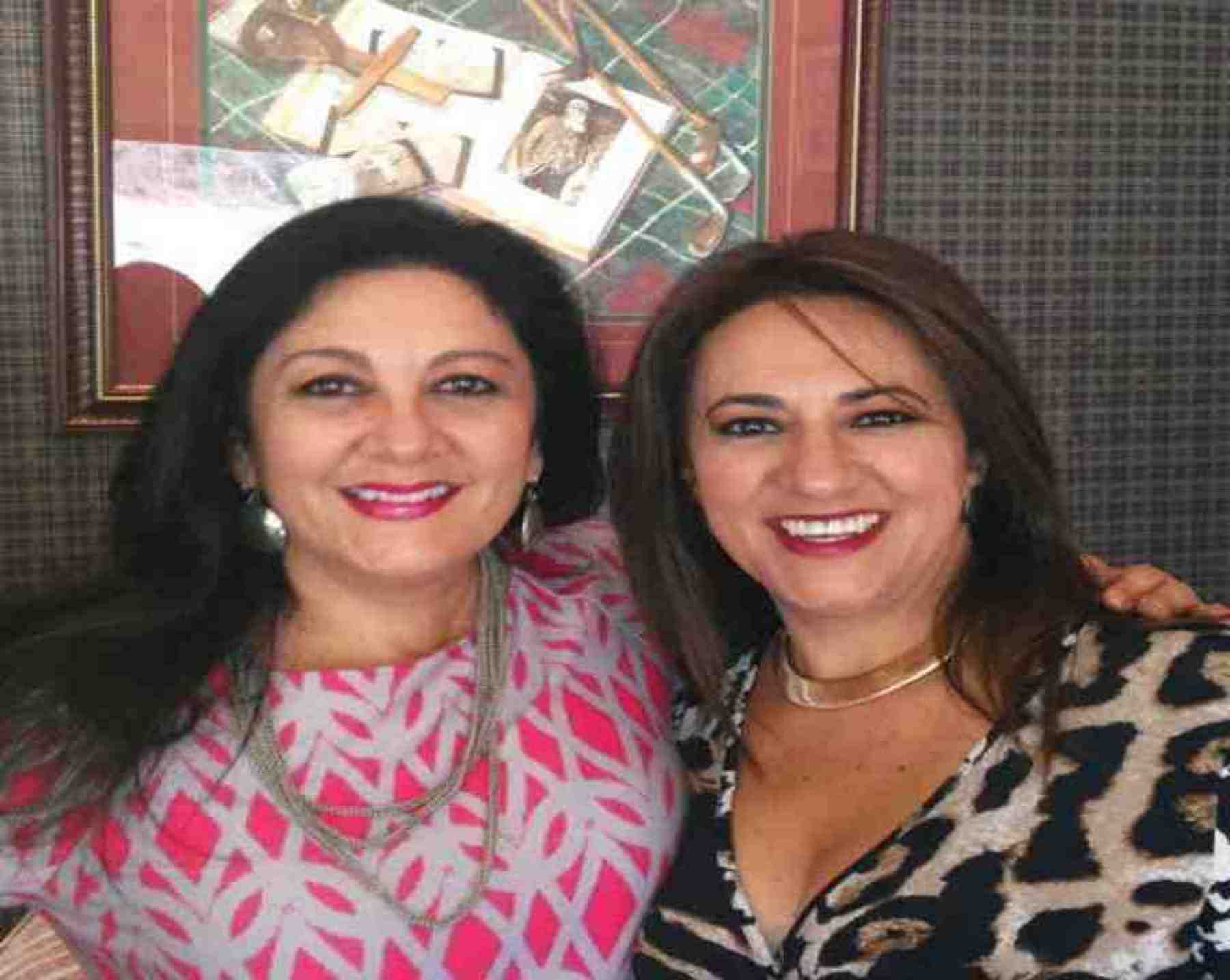
Patty Ribadaneira - Local Coordinator
The CFHI Local Coordinators manage the logistics of housing, transportation, and cultural immersion throughout the program. They are a valuable resource for any questions related to navigating the program locale, cultural norms, and tips on planning weekend travel.
The Local Coordinator in Quito is a leader of the Academia Latinoamericana de Español, Quito, the language school where students take Spanish classes. Patty Ribadaneira has been supporting visiting students in Quito since 1989. She studied in the U.S. and is aware of the specific needs that students have. Patty is a collaborative, motivational and inspirational leader; she instills confidence in others.
Eligibility
This CFHI program is ideal for participants who are 19 years of age or older with Novice Spanish or above, who have an interest in fields related to intensive beginner Spanish, primary care and urban/rural comparison. You do not need to be a student to be eligible for this program; mid-career professionals, GAP year learners, and others are also welcome. This program will provide an in-depth overview of intensive beginner Spanish, primary care and urban/rural comparison in Latin America through visits and experiences within hospitals and clinics in Quito. To confirm your eligibility, please read CFHI’s general eligibility requirements.
The Sustainable Development Goals are a global roadmap set forth by the United Nations General Assembly to end poverty, protect the planet, and ensure the well-being of all individuals by the year 2030. This program highlights the following SDGs:
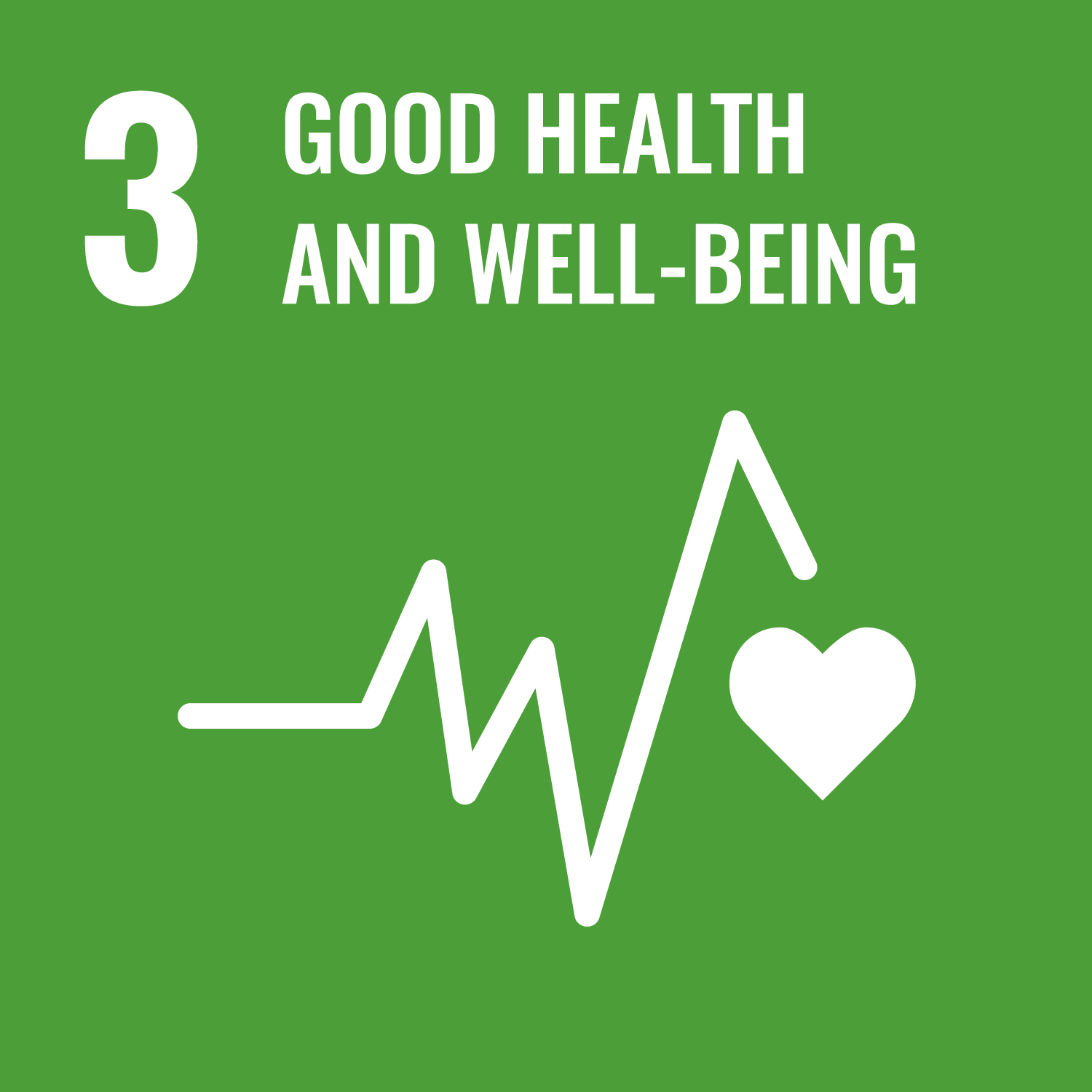
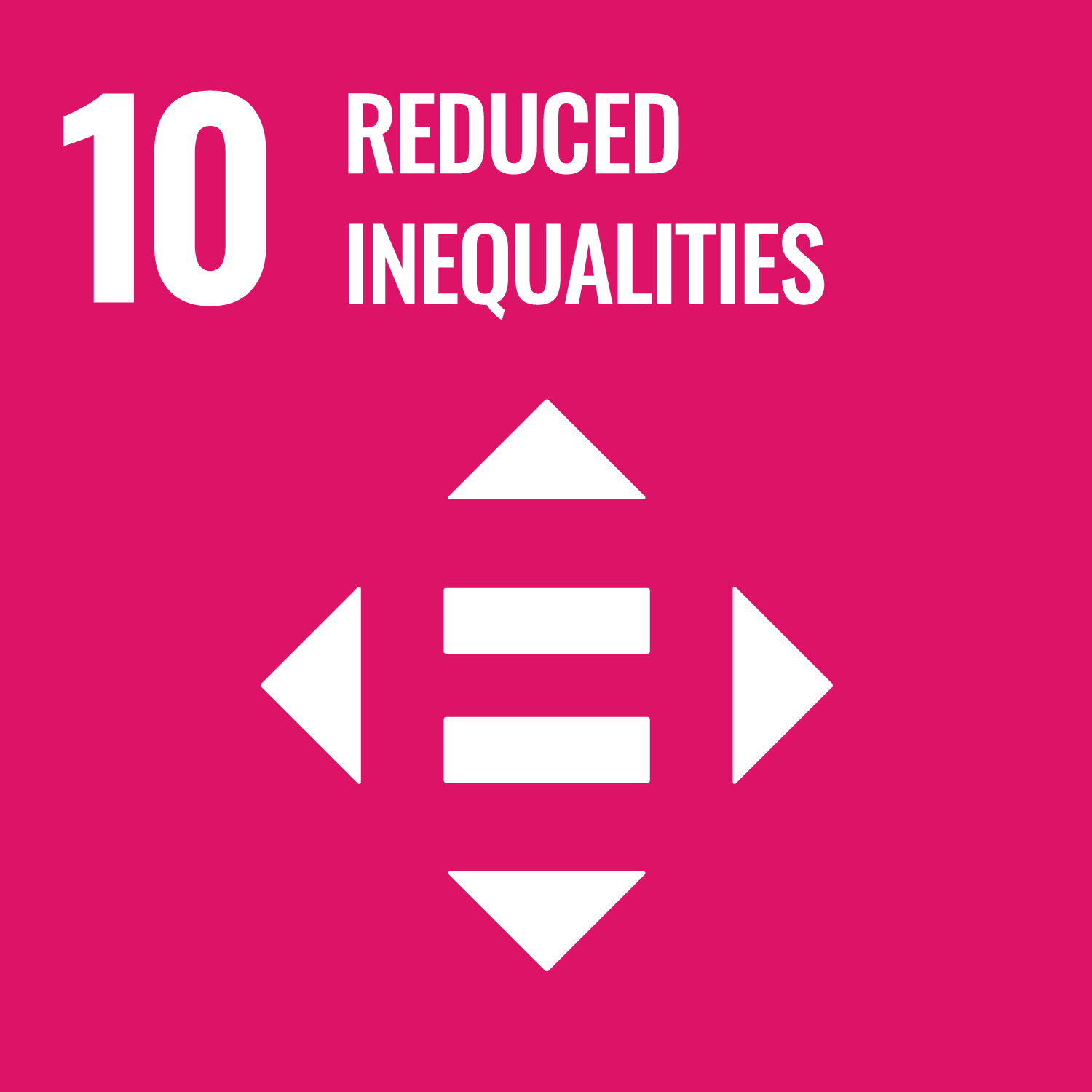
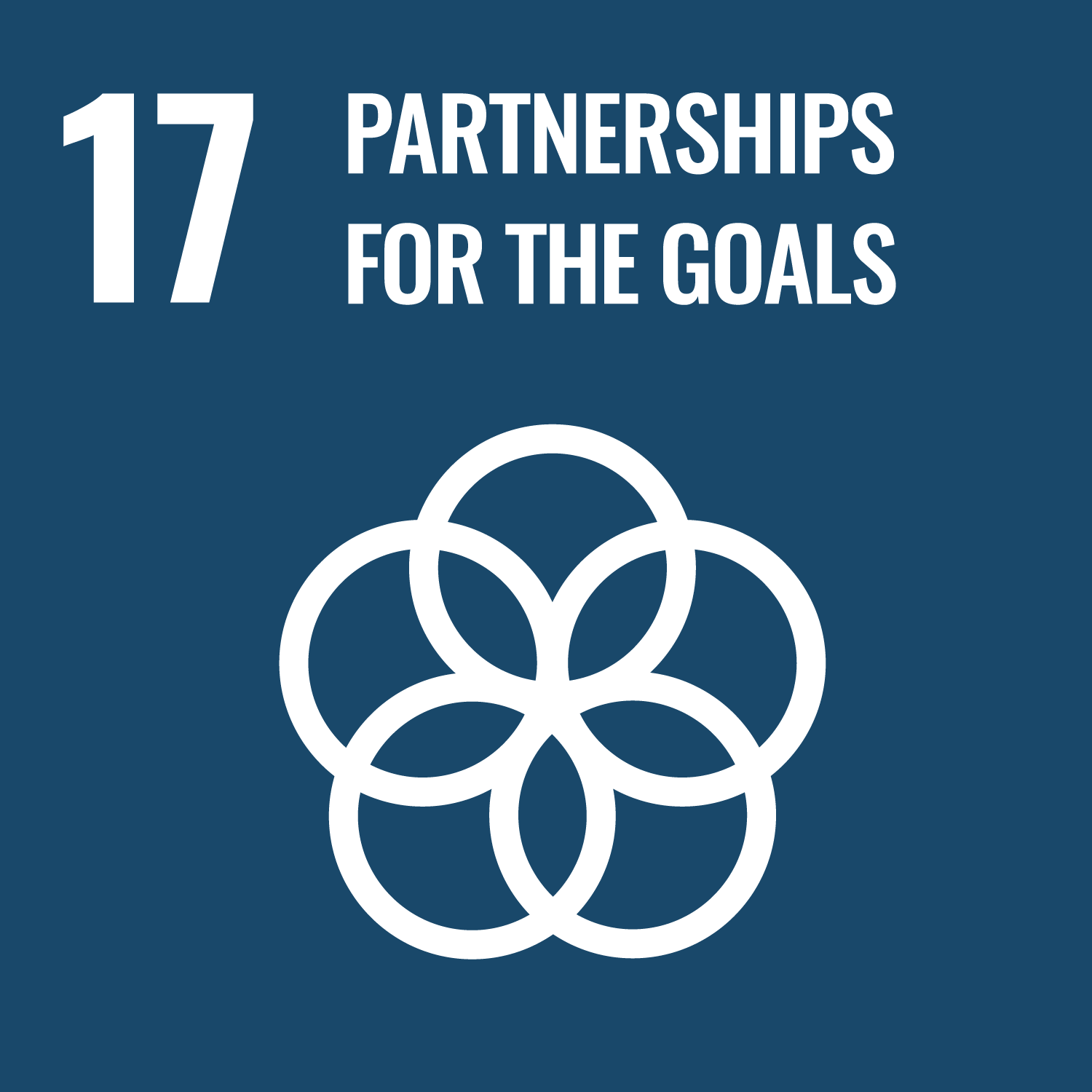
How to Apply
Create profile
Submit application
Hear back from CFHI team
Complete pre-departure training and requirements



Let The World Change You
